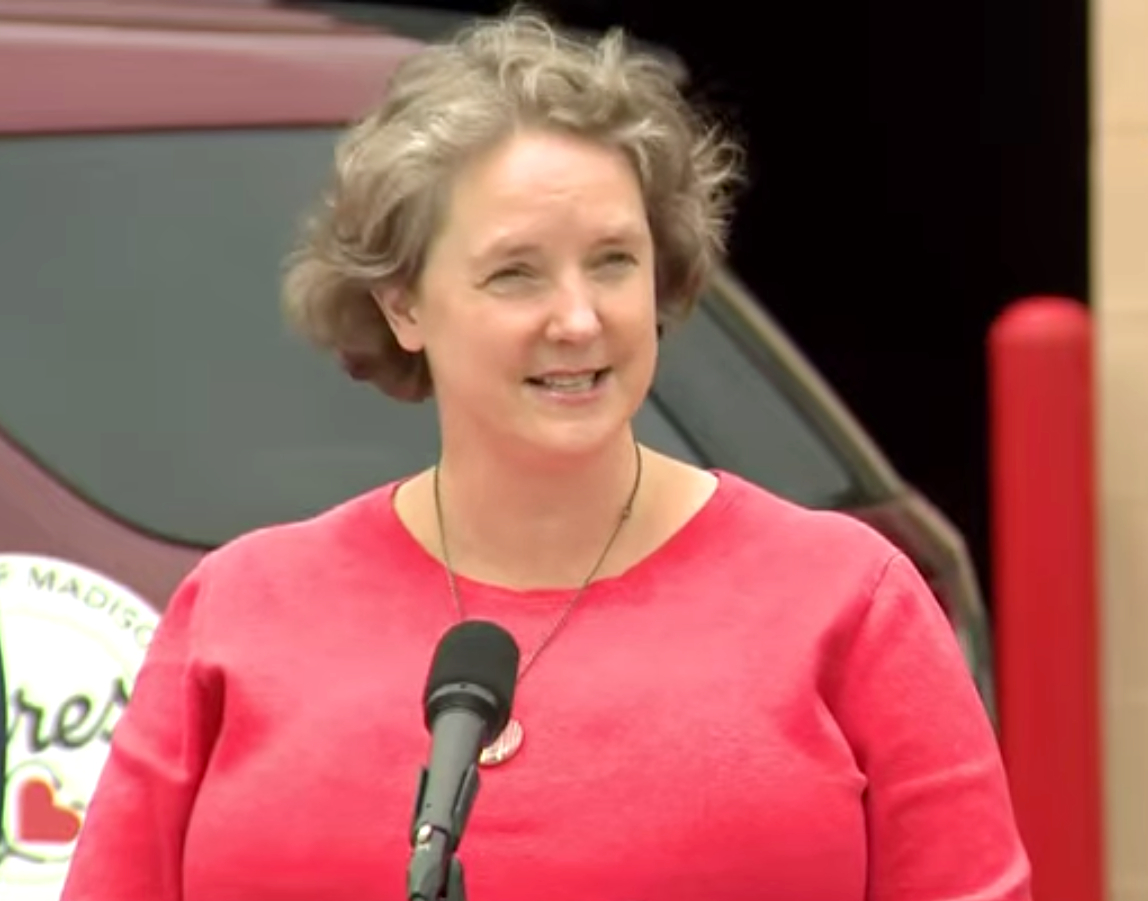
The City of Madison on Tuesday announced the expansion of the Community Alternative Response Emergency Services (CARES) program, a multi-agency program for addressing non-violent, behavioral health-related emergencies. The new location, located at 2120 Fish Hatchery Road, is meant to serve Madison’s west and south sides better.
“CARES teams, made up of a paramedic and a crisis worker, help residents experiencing behavioral health crises as an alternative to dispatching a police officer,” said Mayor Satya Rhodes-Conway at a press conference on Tuesday. “The CARES program takes a patient-centered approach to 911 behavioral health emergencies. The focus of CARES is to de-escalate, to assess and treat patients’ needs on scene. And then to link them to additional behavioral health resources in the community as needed.”
As of yestertday, CARES has responded to 674 total calls, with call duration averaging 60 minutes.
“Today, I am pleased to announce that the CARES program has expanded to include a second unit housed in a second station right here at 2120 Fish Hatchery Road,” Rhodes-Conway said. “The first CARES unit will continue to operate out of Fire Station 3 on Willy Street where the program launched. This expansion will increase the number of calls that CARES is able to respond to and this location, particularly being so close to the Beltline, will also help us to get to patients across town and shorten the response times to the west and south sides of Madison.”
Starting Monday, July 25, the city of Madison anticipates that both CARES units will be operating Monday through Friday with expanded daytime hours when patients need CARES the most.
Attorney General Josh Kaul said that these kinds of programs “make sure that the response to a mental health crisis is as effective as possible.”
“While we’re fortunate to have a lot of law enforcement officers who have critical incident team training, having a mental health professional respond to a crisis allows an individual in crisis to be connected with services as quickly as possible,” Kaul said at the press conference. “And it also allows for continuous follow-up care so that when an individual is in crisis, they don’t just have a one-time interaction with a law enforcement officer when it’s necessary for public safety, but a trained health professional can follow up and make sure that that individual doesn’t end up in a new mental health crisis.
“This also frees up our law enforcement officers’ time so that they can spend a larger share of their time investigating the most serious offenses including violent crimes and working to protect public safety,” he added. “So these kinds of programs are a win-win for our communities. They lead to better mental health outcomes and better services for people in a mental health crisis. And they free up more resources for our law enforcement agencies and for our criminal justice system.”



